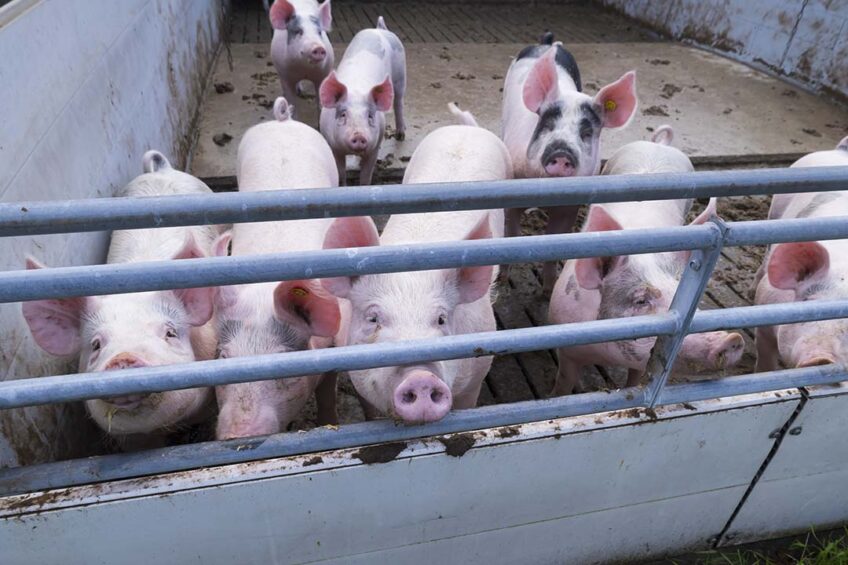How protease supplementation improves growth performance in pigs

Chinese researchers evaluated the impact of protease supplementation on growth performance, nutrient digestibility, blood parameters and gut microbiota in growing pigs fed sorghum-based diets. They published about their findings in the peer-reviewed journal Animal.
Sorghum is an excellent substitute for corn in pig diets due to its high energy content and low price. However, sorghum contains several anti-nutritional factors such as tannins. Those reduce nutrient digestibility and feed efficienc. Exogenous proteases degrade protein anti-nutrients and improve crude protein digestibility in sorghum-based diets. However, protease efficiency in growing pigs and its underlying mechanisms when low-tannin sorghum is used remain unknown.
The study
The team selected 96 60-day-old pigs for the trial, which lasted 28 days. They randomly divided pigs into 3 groups:
sorghum basal diet,
sorghum basal diet plus 200 mg/kg proteases, and
sorghum basal diet plus 400 mg/kg proteases.
They calculated average daily gain, average daily feed intake, and feed-to-gain ratio. They analysed diet and faecal samples for dry matter, crude protein, growth energy, nutrient digestibility and ether extract. They collected blood samples to measure plasma concentrations of urea, glucose, immunoglobulin G, total protein, globulin and albumin. They isolated faecal DNA to analyse gut microbiota.
Impact of protease on growth performance
Feeding sorghum basal diet plus 400 mg/kg proteases increased the body weight, average daily gain and average daily feed intake of growing pigs. However, feeding sorghum basal diet plus 400 mg/kg proteases decreased the feed-to-gain ratio in pigs.
Impact of protease on apparent total tract digestibility
Feeding sorghum basal diet plus 400 mg/kg proteases increased apparent total tract digestibility of crude protein, gross energy and dry matter.
Impact of protease on blood parameters
Feeding sorghum basal diet plus 400 mg/kg proteases decreased plasma globulin level and increased plasma glucose, albumin and IgG in pigs.
Impact of protease on gut microbiome
Feeding sorghum basal diet plus 400 mg/kg proteases altered gut microbiota profile and decreased the abundance of Acidobacteriota, Limosilactobacillus, Lactobacillus and Prevotella.
The authors concluded that protease supplementation at 400 mg/kg improves the growth performance of growing pigs fed sorghum-based diets, which may be attributed to the improvement of nutrient digestibility, host metabolism, immune status and associated with the altered gut microbiota profiles.











